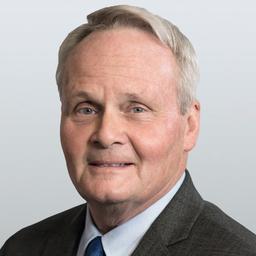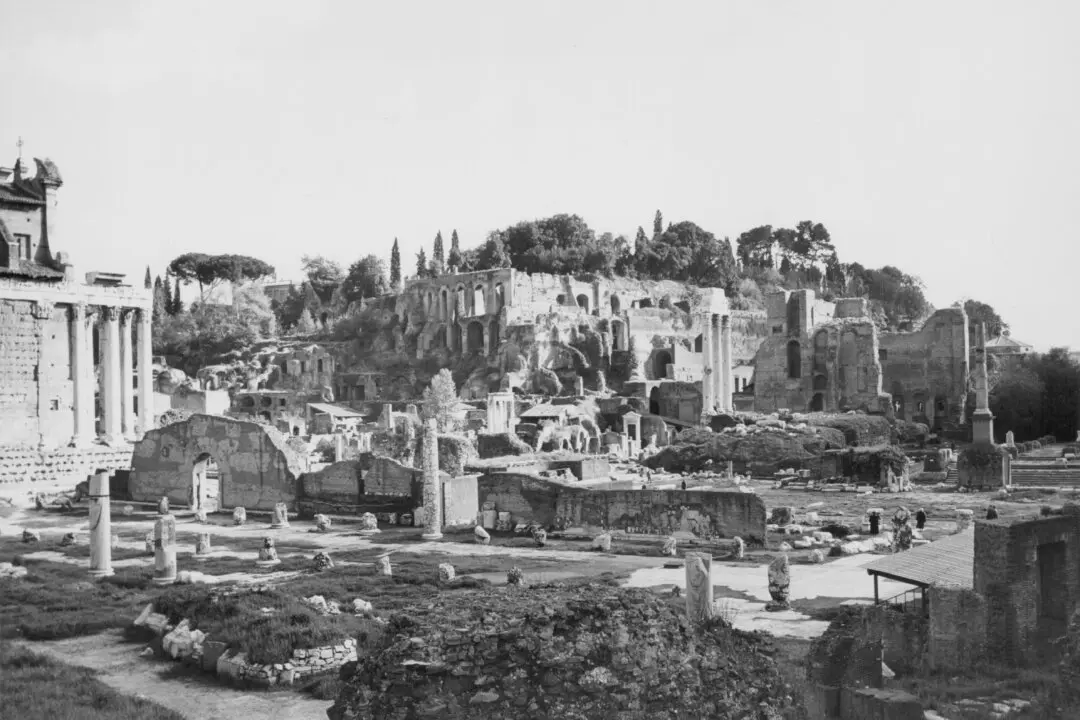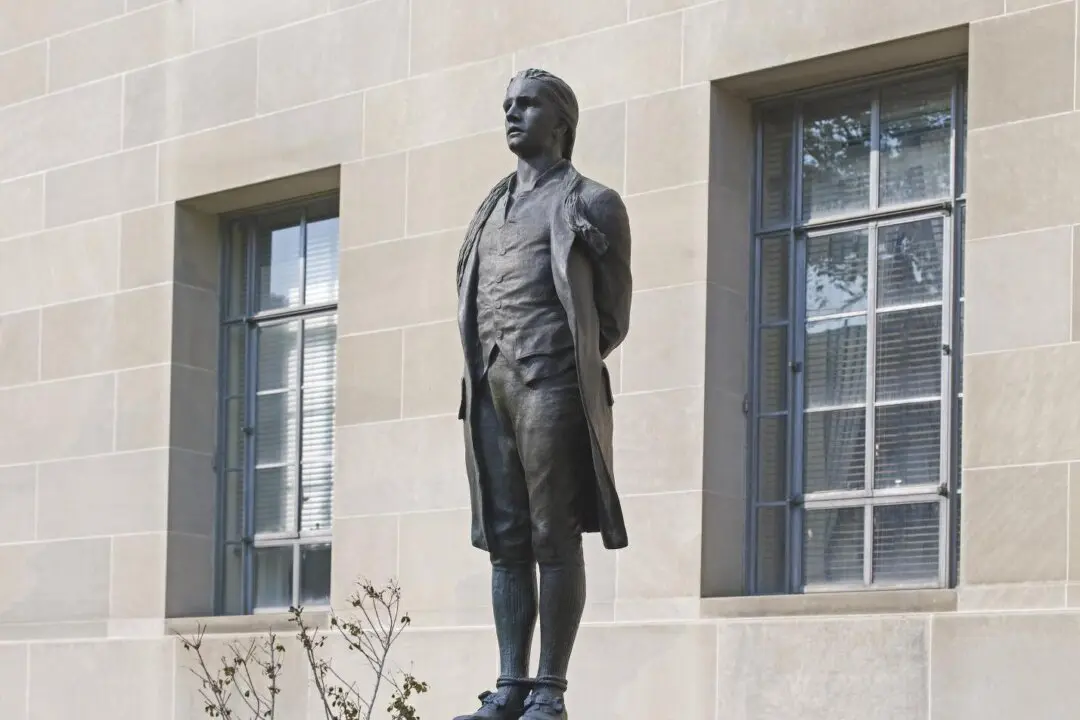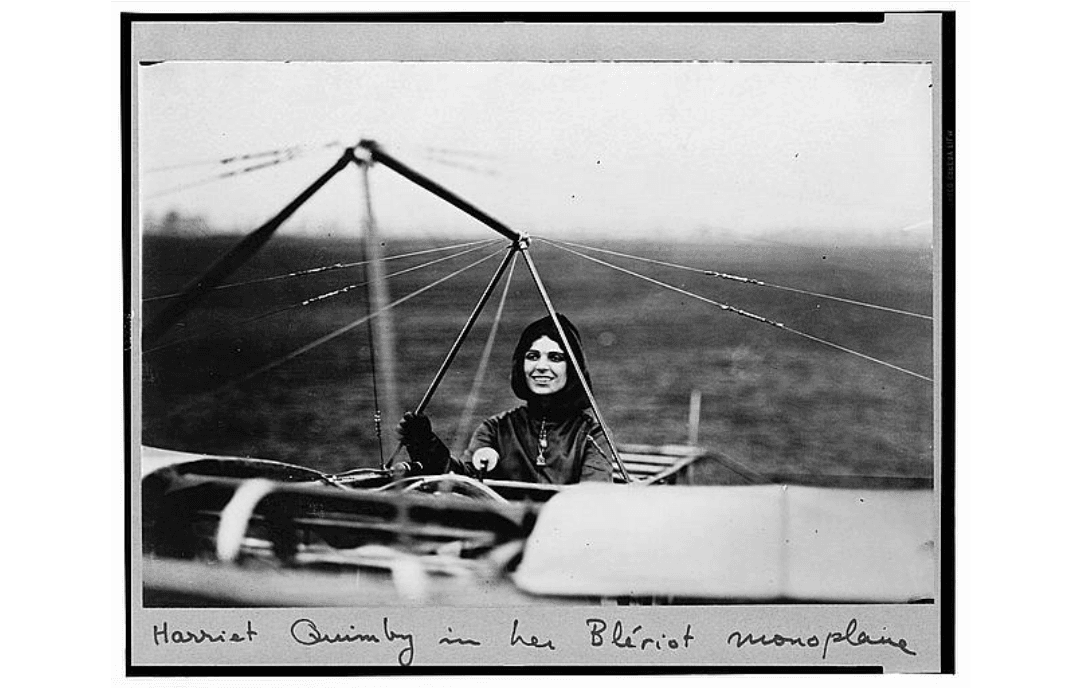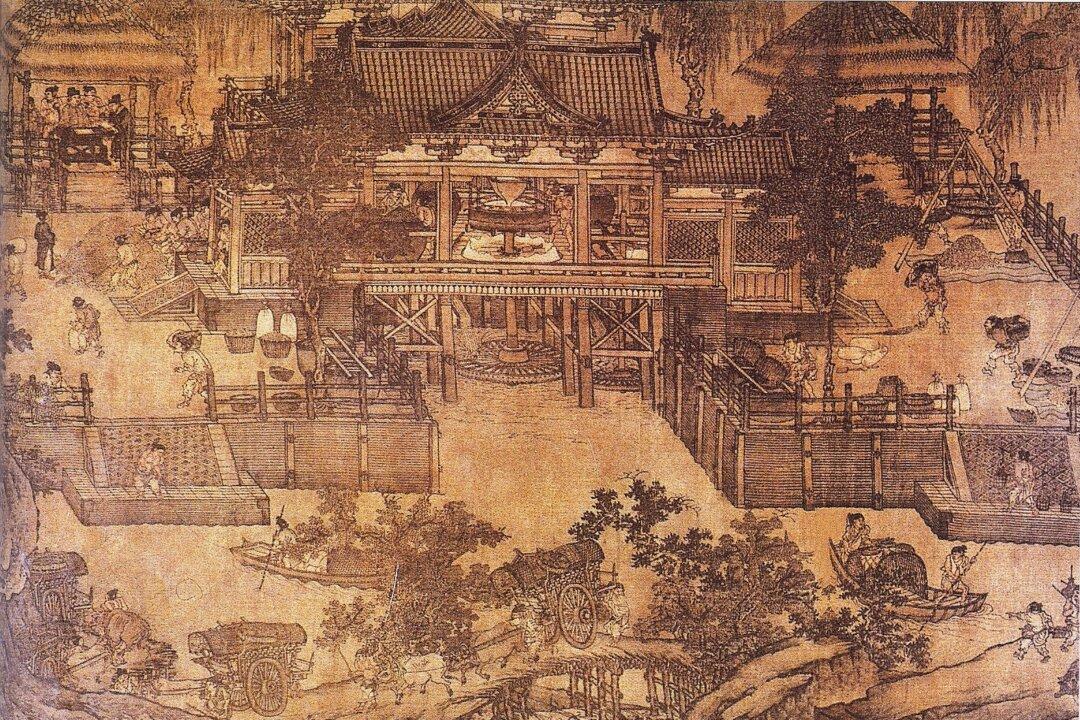Commentary
On Oct. 28, 2024, on his social media platform X, the well-known entrepreneur Elon Musk asked this question: “Ever wondered about the Overton Window?” His query was accompanied by a “retweet” of a post by Jash Dholani, who included a photo of Joe Overton and stated that the “Window” concept that bears his name is “the best mental model for understanding how political change ACTUALLY happens.”

